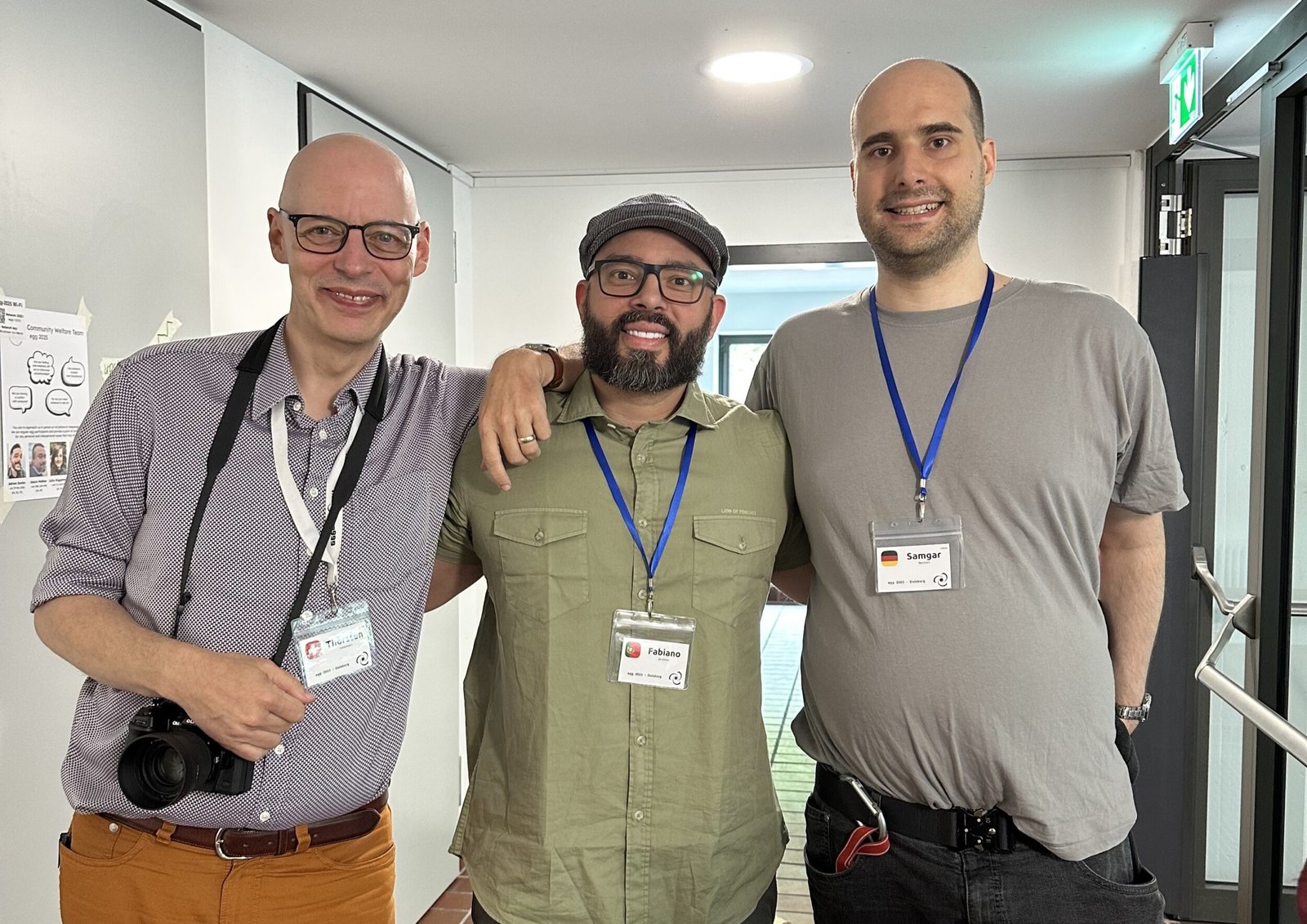Déjà vu, IQ Range, and Twice Exceptionality: A Preliminary Analysis in High-Ability Individuals

CPAH – Heráclito Center for Research and AnalysisResearch Line: Genetics of Intelligence and Cognitive PhenomenologyLead Researcher: Dr. Fabiano de Abreu Agrela Rodrigues Introduction This report is part of the initiatives of the Genetic Intelligence Project (GIP), aimed at investigating the occurrence of the déjà vu phenomenon in individuals with high cognitive abilities, taking into account […]
Intelligence, Twice Exceptionality, and Academic Performance: A Statistical Analysis of High-Ability Individuals

CPAH – Heráclito Center for Research and AnalysisResearch Line: Genetics of Intelligence and Applied Cognition Lead Researcher: Dr. Fabiano de Abreu Agrela Rodrigues Introduction This study is part of the research line on intelligence and cognition at CPAH, within the framework of the Genetic Intelligence Project (GIP). The investigation aimed to analyze the relationship between […]
Germany hosts the world’s largest gathering of profoundly gifted individuals — ISI Regent among the attendees

Duisburg, Germany – From May 28 to 31, 2025, the city of Duisburg became the center of the world’s most significant in-person gathering of individuals with profound giftedness. The event, egg999, was organized by the prestigious Triple Nine Society (TNS) and brought together representatives from over 20 countries, including Germany, the Netherlands, Switzerland, France, the […]
ADHD and Impulsive Response Anticipation: Why Intelligence Doesn’t Reveal Itself Clearly

By: Dr. Fabiano de Abreu Agrela Rodrigues – post-PhD in Neuroscience and specialist in behavioral genomics Initial Neuroscientific PremiseThe misinterpretation of intelligence in individuals with Attention Deficit Hyperactivity Disorder (ADHD), especially in cases of double exceptionality, results from a methodological and functional flaw in the analysis of cognitive performance: the reading of expressive behavior is […]
Intelligence: A More Complex Concept Than You Think

By Dr. Fabiano de Abreu Agrela Rodrigues, Post-PhD in Neuroscience The recent demonstration by members of high IQ societies, who expressed disappointment in finding among their peers people who did not meet their expectations of intelligence, highlights a recurring distortion: the limited understanding of what intelligence really is. The first point necessary for this analysis […]
GIP reveals divergence between children’s IQ tests: genetics confirms WISC pattern, not SON-R

By GIP – Genetic Intelligence Project Research center identifies that non-verbal tests such as the SON-R overestimate scores in children, while the genetic profile of intelligence aligns with the WISC result. A new report from the GIP – Genetic Intelligence Project, the scientific arm of the Center for Applied Genetic Intelligence, revealed a relevant discovery about […]
Ranking of the Best Supervised and Scientifically Validated IQ Tests

Classification Criteria:✔️ Scientific validity and reliability (correlation with general intelligence “g”)✔️ Comprehensive assessment of cognitive functions (fluid intelligence, crystallized intelligence, memory, processing speed, etc.)✔️ Global acceptance by psychology boards✔️ Updated versions and clinical/educational applicability✔️ Suitability for different populations (neurodivergence, age, language, etc.) 1️⃣ Wechsler Adult Intelligence Scale (WAIS-IV, WAIS-V)✔️ Gold standard for assessing intelligence in […]
Giftedness and IQ: Demystifying the Concept of Multiple Intelligences and the Role of Cognitive Measurement

By: Dr. Fabiano de Abreu Agrela Rodrigues, post-PhD in Neuroscience, president of the ISI Society and coordinator of Intertel Brazil The definition of giftedness and the relevance of intelligence quotient (IQ) as a central measure of cognitive abilities have been the subject of scientific and educational debates. While Howard Gardner’s theory of multiple intelligences brought […]
Countries Where a Significant Portion of the Population Knows Their IQ

By: Dr. Fabiano de Abreu Agrela Rodrigues, PhD in Neuroscience, President of the ISI Society, and Coordinator of Intertel Brazil The measurement of intelligence quotient (IQ) is a globally relevant topic, particularly in countries where a significant portion of the population has undergone intelligence testing. Nations such as the United States, Israel, South Korea, Singapore, […]
Is it possible to have an IQ above 200? Science says no

We often hear stories of people with IQs of 200, 220, or even 250, but are such scores really possible? According to science and recognized intelligence tests, the answer is no. In this article, we will explain why scores above 160 are already the reliable limit and how extraordinary numbers, such as 200 or more, […]